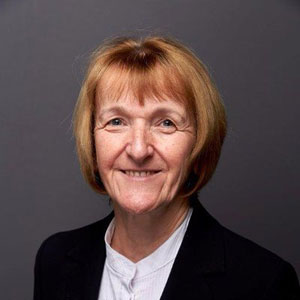A Queen Elizabeth Hospital Birmingham eye surgeon has received a unique honour from the Royal College of Ophthalmologists and the Defence Medical Services for his research experience treating the eye injuries suffered by military personnel over the past decade.
Wing Commander Rob Scott, who has worked in Birmingham since 2001, has become the first person ever to be granted a personal chair by the Royal College of Ophthalmologists.

He has been recognised for his research in the treatment of eye injuries in military patients, as well as contributing to the uptake of new personal protective equipment which has dramatically reduced the number of such injuries suffered by British personnel in combat.
“This chair has been granted by the Defence Medical Service and the Royal College of Ophthalmologists. It is a great honour for me, but it reflects the brilliant efforts of the whole medical team at Queen Elizabeth Hospital, the Royal Centre for Defence Medicine, the Birmingham and Midland Eye Centre and the University of Birmingham. I would not have been able to get anywhere without the support of my superb colleagues in Birmingham,” says Wg Cdr Scott.
Wg Cdr Scott has recently taken on the role of ophthalmology lead with the NIHR Surgical Reconstruction and Microbiology Research Centre (SRMRC), working with the University of Birmingham’s Professor of Molecular Neuroscience, Prof Ann Logan. They are developing new ways of treating eye surface and retinal injuries and have been supported by a prestigious Medical Research Council grant.
The SRMRC, based at Queen Elizabeth Hospital Birmingham (QEHB), is a national centre for trauma research, taking discoveries from the military frontline to improve outcomes for all patients. The ophthalmology team has a wide range of research programs designed to help people with eye injuries.
These include a trial of the use of artificial vision to help blinded individuals to appreciate their surroundings using an electrode placed on their tongues. They are developing techniques to regenerate retinal nerve cells after they have been damaged. They are working with the University of Nottingham to develop a special bandage for burned eyes that is derived from the amniotic membrane, the discarded sac that surrounds a baby when it is in the womb. They are also working with the pharmaceutical industry to develop a drug to prevent retinal scarring in patients who have suffered damage to the inside of their eyes. Read more about Rob Scott on his team profile.



